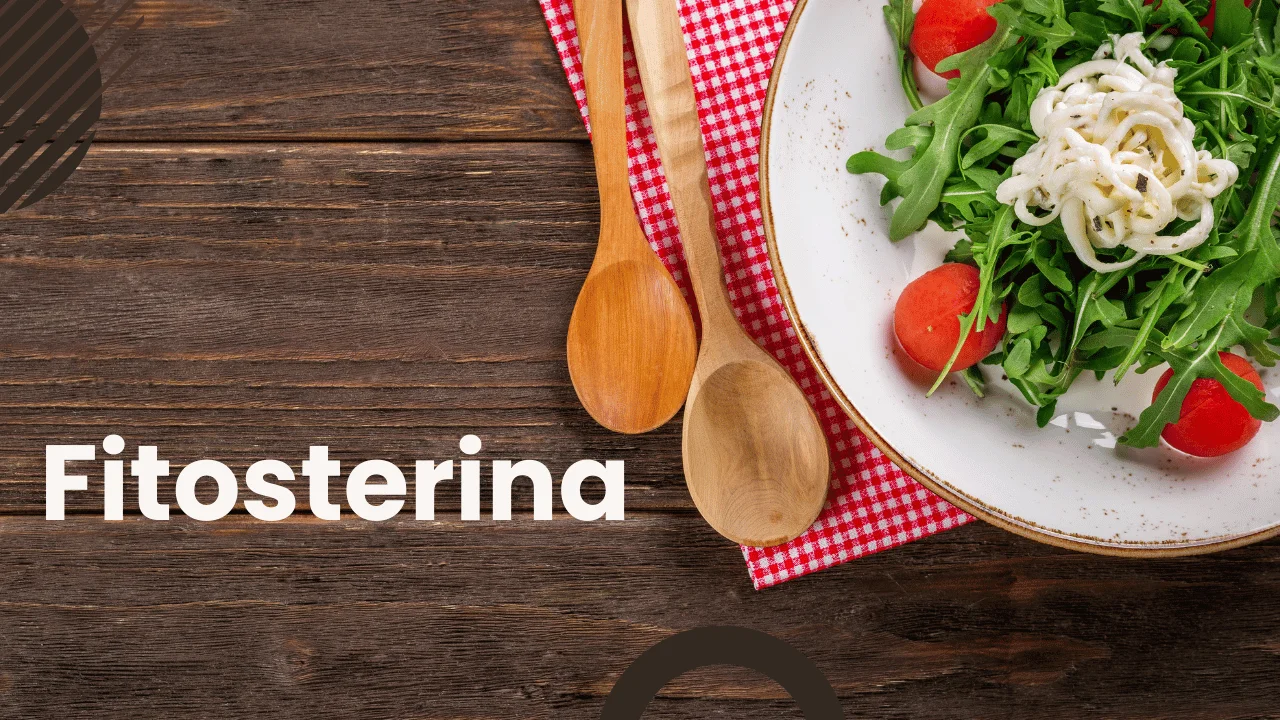In our continuous journey towards health and wellness, nature often presents itself as a powerful ally. Among its treasures, fitosterina stands out as a beacon of hope for individuals striving to manage their cholesterol levels, enhance heart health, and support overall well-being. This article dives deep into the heart of fitosterina, shedding light on its benefits, dietary sources, and its pivotal role in a balanced diet, all while emphasizing the importance of consulting healthcare providers for personalized advice.
What is Fitosterina?
Fitosterina, or phytosterols, are plant-based compounds that mirror the structure of cholesterol, offering an array of health benefits. By naturally competing with cholesterol for absorption in our digestive tract, these substances can significantly lower LDL (low-density lipoprotein) cholesterol levels, thus reducing the risk of cardiovascular diseases. Beyond cholesterol management, fitosterina’s antioxidant and anti-inflammatory properties contribute to a robust immune system and the management of various health conditions.
Who Benefits from Fitosterina?
Virtually everyone looking to maintain or improve their health can benefit from fitosterina. Particularly, individuals with high cholesterol, those at risk of heart diseases, and anyone seeking to enhance their diet with natural, plant-based compounds will find fitosterina to be especially beneficial. Its wide-reaching effects on heart health, immune support, and potential in cancer prevention make it a versatile ally in the pursuit of wellness.
Key Advantages of Fitosterina

Cholesterol Reduction and Heart Health
Fitosterina has been shown to play a significant role in managing cholesterol levels and promoting heart health. By limiting cholesterol absorption, it helps lower the risk of heart disease and stroke, showcasing its potential as a natural remedy for cardiovascular care.
Dietary Sources and Supplementation
Understanding how to incorporate fitosterina into your diet is crucial for harnessing its benefits. Nuts, seeds, certain vegetable oils, and a variety of fruits and vegetables are rich in phytosterols. For those looking to increase their intake, supplements are an option, though consultation with healthcare professionals is advised.
Supporting the Immune System
Fitosterina’s antioxidant and anti-inflammatory properties make it a valuable component in managing inflammation and bolstering the immune system. These benefits extend to conditions like arthritis and potentially in the management and prevention of certain cancers.
Research and Health Insights
The scientific community continues to explore the potential of fitosterina in various health contexts, including its role in cancer prevention and the management of lifestyle diseases. This research underscores the importance of fitosterina in a health-conscious diet.
Health with Fitosterina
Integrating fitosterina into your diet is a straightforward process that can yield significant health benefits. However, it’s important to view fitosterina as part of a holistic approach to health, complementing a balanced diet and healthy lifestyle choices. The recommended daily intake for cholesterol-lowering effects is approximately 2-3 grams, but individual needs may vary. Always seek personalized guidance from a healthcare professional to optimize your health regimen.
Natural Remedies for High Cholesterol
In the quest to manage high cholesterol naturally, fitosterina emerges as a key player. Its efficacy in reducing cholesterol levels positions it as an attractive alternative or complementary approach to traditional medications.
Benefits of Nuts and Seeds
Nuts and seeds are not only nutritious but are also rich sources of phytosterols. Incorporating these into your diet can contribute significantly to lowering cholesterol levels, thus enhancing cardiovascular health.
Vegetable Oils Rich in Phytosterols
Certain vegetable oils, such as olive, corn, and soybean oil, are known for their high phytosterol content. Using these oils in cooking can help increase your intake of fitosterina, supporting your heart health and cholesterol management efforts.
Nutritional Management of Cholesterol
Understanding the nutritional aspects of managing cholesterol through diet is vital. Fitosterina plays a crucial role in this context, offering a natural way to complement dietary adjustments aimed at improving heart health.
Research on Phytosterols and Health
The ongoing exploration into the health benefits of phytosterols continues to unveil new potential applications. From immune support to anti-inflammatory effects and cancer prevention, the scope of research highlights the importance of these plant sterols in promoting overall health.
Fitosterina into Your Lifestyle
Adopting a lifestyle that includes a diet rich in fitosterina alongside regular exercise and healthy living practices can have profound effects on your health. The synergistic effects of these changes can enhance the benefits of fitosterina, leading to improved well-being and reduced risk of chronic diseases.
Must Read: Napolità: Introduction
Conclusion
Fitosterina represents a natural and effective way to support your health, offering benefits from cholesterol management to immune support and beyond. By understanding how to incorporate these plant-based compounds into your diet and recognizing the importance of a balanced approach to wellness, you can unlock the full potential of fitosterina. Remember, while fitosterina offers numerous health advantages, consultation with a healthcare provider is crucial to ensure it aligns with your individual health needs and complements your overall dietary plan. Embrace the power of nature with fitosterina and step forward into a healthier future.
